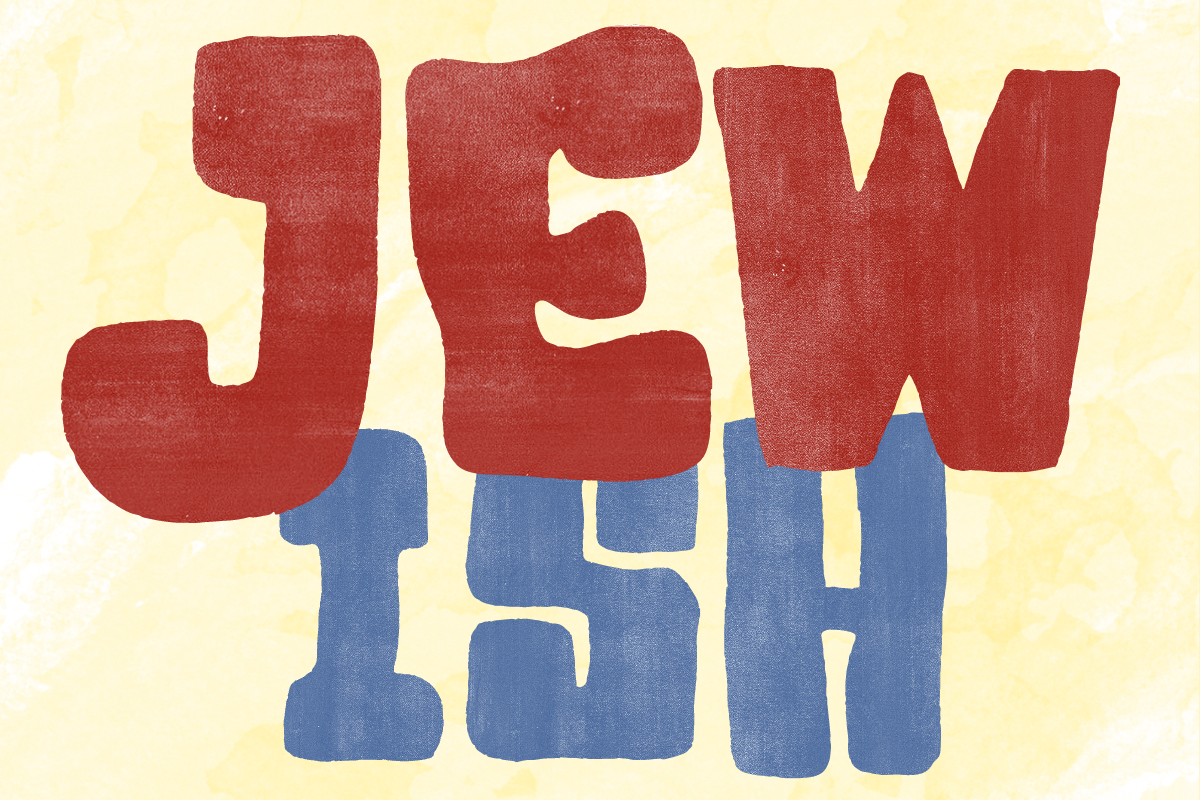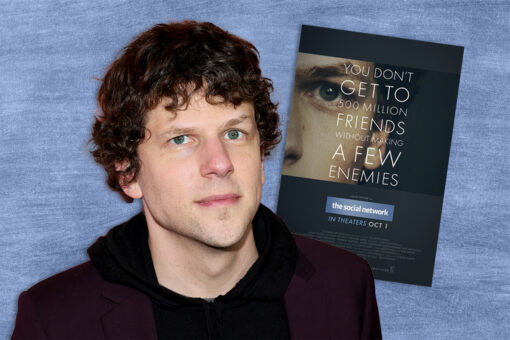Jew.
Three letters that carry thousands of years of history, millions of lives lived and lost, joy, pain, identity, accusation, selfhood, community and memory. Three letters that have been imposed on so many, and embraced by so many. Three letters that unite. Three letters that divide.
There are people for whom this word is a kind of home. There is wonderful writing on this subject, including another Hey Alma article by Joanna Mann in which she beautifully and thoughtfully articulates her feelings around the subject: that she is a Jew, and wants to be referred to as such, and that treating the word like a slur is to give it too much negative power. For her and many others, this word is made of love and history and there is nothing wrong with it. I admire this perspective hugely — but I do not feel the same.
I don’t seek to speak for anyone but myself — the Jewish people are not a monolith, after all. And, crucially, I am not interested in telling any other Jewish people how they should feel about it, or what words they can use. That’s not my right, just as it isn’t theirs to tell me how I should feel. Similar to plenty of other words, use by someone who is part of the marginalized group is fundamentally different from use by someone who isn’t. And as is often the case with persecuted minorities, our individual experiences of discrimination and othering will inform countless aspects of how we navigate our identities, including how we express this identity to ourselves and the people around us.
So, what is this word to me?
When I hear it come from my Jewish family, and from other Jewish people, I understand how it is comforting to some. Oftentimes in these contexts, it’s a neutral descriptor. It’s identification, it’s a collective noun and it’s who we are. It’s a way of identifying ourselves and others like us. Sometimes the word “Jew” comes with a hint of self-deprecation and an acknowledgment of how it can be unfriendly when pinned on us. Still, it can be a term of endearment. I get it. From the right people, it’s an act of inclusion and an invitation into a shared vernacular. From the wrong people, however, it feels totally different.
It is a single-syllable gut punch. From the mouths of non-Jews, this word makes me feel sick. It makes me feel unsafe. I feel the danger that this word has carried for my bloodline in every part of myself, as though the vial of its venom that has been passed down through generations sits encaged in my heart.
That does not make it a dirty word. It makes it a weaponized one. There is nothing intrinsically wrong with it — nothing is wrong with us — but a history of use as a slur and an insult and some sort of allegation has immense significance. It’s been used as ammunition as both a noun and a verb by so many antisemites in recent history alone (for proof of that, feel free to search “Jew” on Twitter), with the German equivalent “Jude” functioning as an emblem of Nazi persecution during the Holocaust. For some, there is great power in reappropriating it. But, just as with so many words, we cannot divorce it from its legacy.
But because this word is controversial — because it is not definitively unacceptable and offensive in the way that something like the k-slur is — a discouragingly large number of non-Jews feel that they have a right to weigh in on it. At the very least, this has been my experience, and it’s something I have very little time for. It just seems so simple that it is not the place of non-Jewish people to decide whether something is antisemitic or not. Beyond that, even if you are absolutely convinced that something is not antisemitic and that you, a non-Jew, are qualified to reach this verdict, it seems so simple that insisting upon your right to use a word that someone has actively told you makes them uncomfortable is, put plainly, just a dick move.
I can understand that lots of people aren’t very clued in on antisemitism, and that while it is absolutely their responsibility to address that blind spot, it can mean that they say hurtful, derogatory things without intending to do so. What I cannot understand is why anyone, when told that their language is offensive, commits to a defensive position so wholeheartedly. I’ve been in situations where people make these kinds of missteps many times. Trust me, it is less about how catastrophic the original comment is and far more about the response to being corrected.
Because as the variety of opinions around the word “Jew” illustrates, you may not always get it right. Language can be complicated. People can be complicated. Feelings can be complicated. People’s feelings about language can be complicated. I am publicizing how I feel about this word on the vast billboard of the internet, but I speak for one person and one person only. I also might change my mind. Choosing your words is not a case of following rules, but of leading with respect.
Jew. I am one. That is indisputable. That is true. I can say that. It is my word. It is the word of a lot of other people too — but if it’s not your word, it’s just not your word. It is our word.



